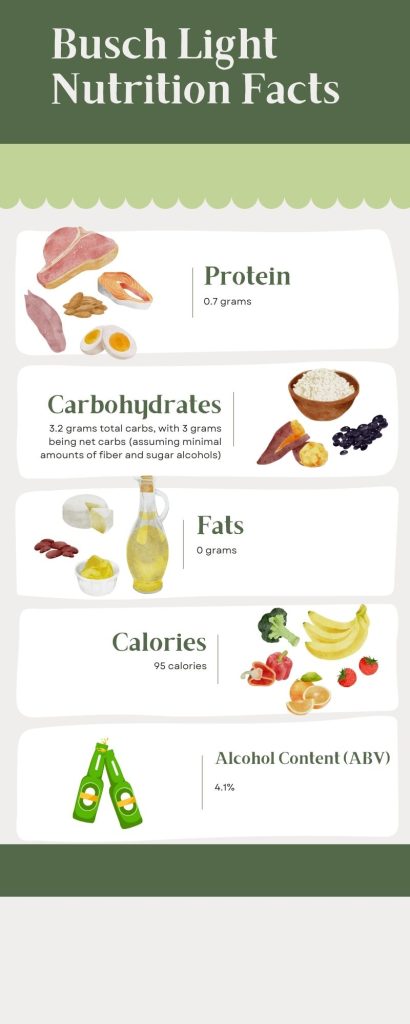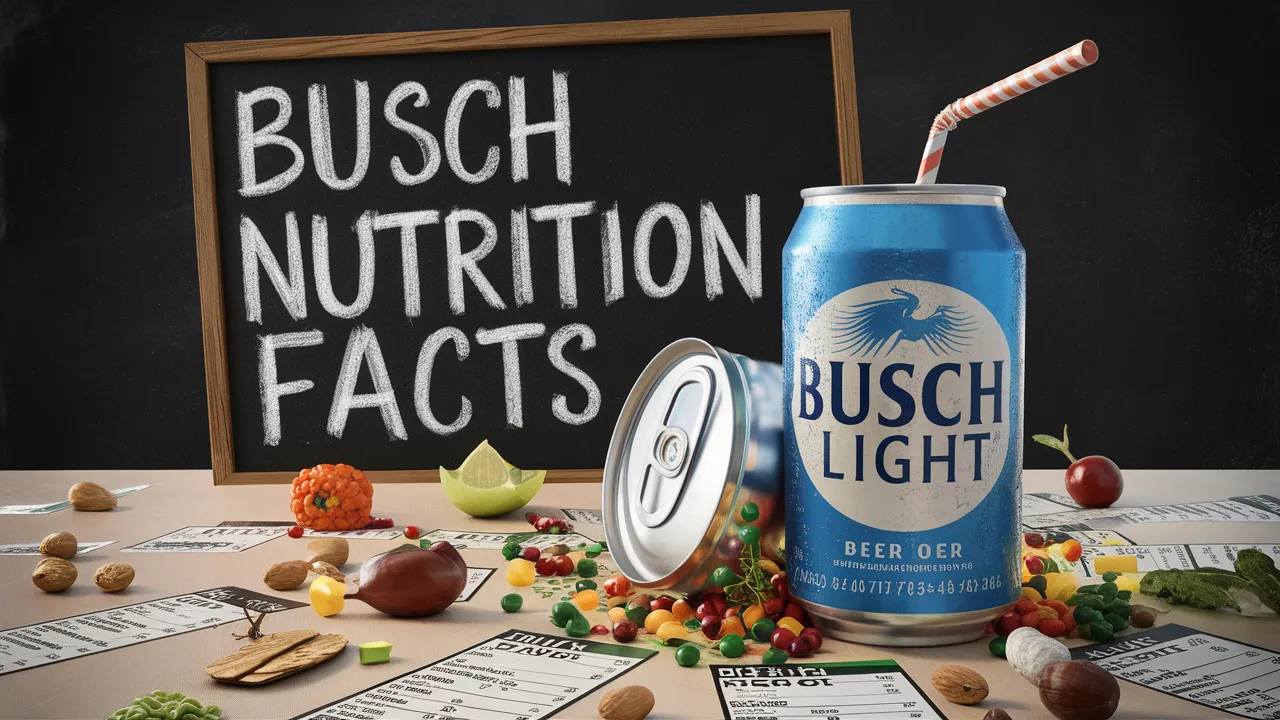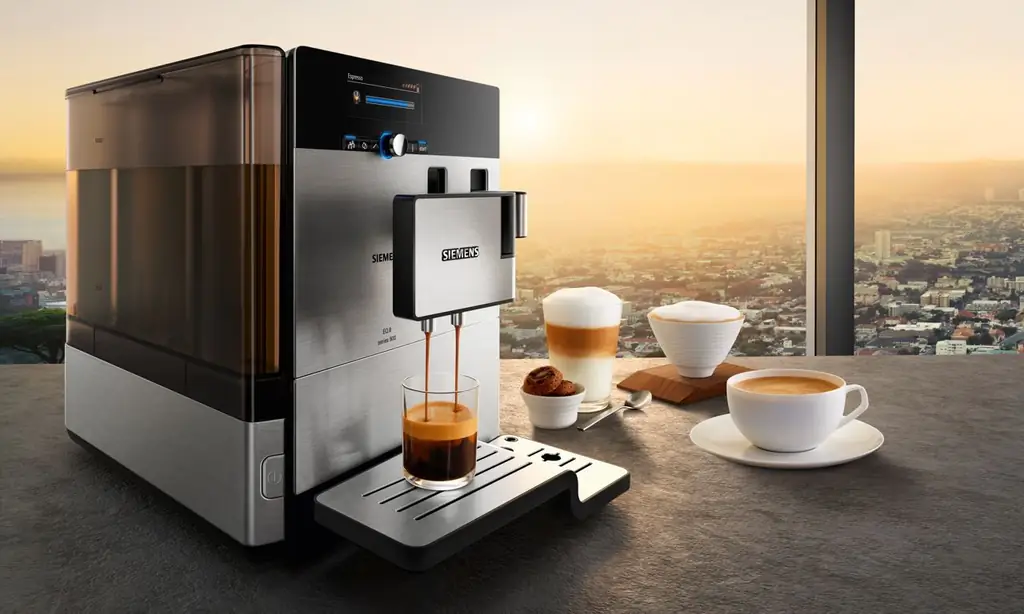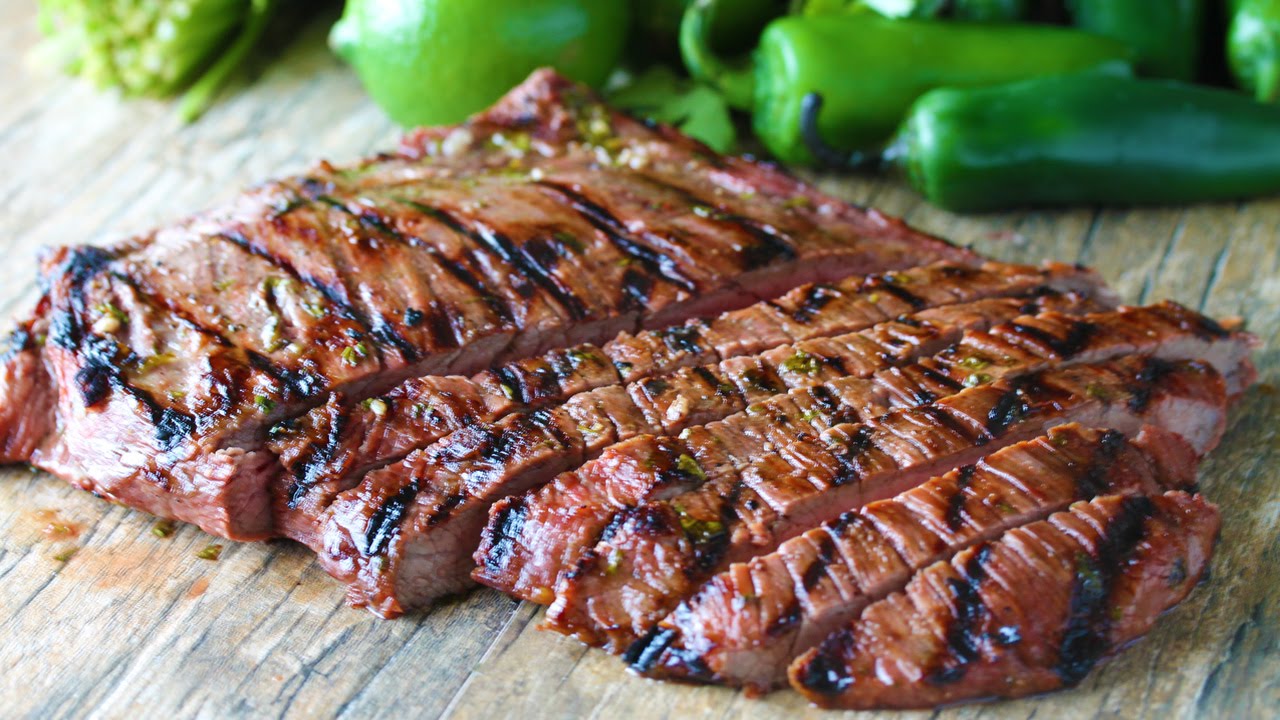Table of Contents
For many beer drinkers, understanding the nutritional content of their favorite beverage is a growing concern. Busch Light, a popular American-style light lager, is known for its crisp taste and reputation as a lower-calorie option. But what exactly are the Busch Light nutrition facts, and how do they compare to other beers?
This comprehensive guide dives deep into the nutritional breakdown of Busch Light, explores additional considerations, and answers frequently asked questions.
Busch Light Nutrition Facts per 12 fl oz Serving
One standard 12-ounce serving of Busch Light contains:
- Calories: 95 calories
- Carbohydrates: 3.2 grams total carbs, with 3 grams being net carbs (assuming minimal amounts of fiber and sugar alcohols)
- Protein: 0.7 grams
- Fat: 0 grams
- Alcohol Content (ABV): 4.1%

Here’s a closer look at each of these elements:
Calories:
Compared to traditional beers, Busch Light boasts a significantly lower calorie count. The average American Pale Lager packs around 150 calories per 12 ounces. This makes Busch Light a more calorie-conscious choice for those watching their intake.
Carbohydrates:
Carbs are the body’s primary source of energy. Busch Light is considered a low-carb beer, with just 3.2 grams of total carbs per serving. It’s important to note the distinction between total carbs and net carbs. Net carbs represent the carbs your body absorbs, as fiber and sugar alcohols are not fully digested. In Busch Light’s case, the net carbs are likely very close to the total carbs, making it a potentially suitable option for low-carb diets (always consult a healthcare professional for personalized dietary advice).
Protein:
Protein plays a crucial role in building and repairing tissues. However, with only 0.7 grams per serving, Busch Light isn’t a significant source of protein.
Fat:
Busch Light contains close to zero fat, making it a good choice for those following a low-fat diet.
Alcohol Content (ABV):
Alcohol By Volume (ABV) indicates the percentage of alcohol in a beverage. Busch Light has an ABV of 4.1%, which falls within the typical range for light beers.
Additional Considerations
While the core nutritional breakdown is essential, here are some additional factors to consider:
Ingredients: The primary ingredients in Busch Light include water, barley malt, hops, and yeast.
Macros and Micros: Busch Light doesn’t contain significant amounts of vitamins or minerals (macros and micros), so it shouldn’t be relied upon for nutritional needs.
Serving Size: It’s crucial to remember that the information above pertains to a single 12-ounce serving. Consuming multiple beers will significantly increase your calorie and carbohydrate intake. Responsible consumption is key.
People also ask
Is Busch Light good for weight loss?
While Busch Light has fewer calories than traditional beers, it’s still a source of calories and alcohol. Weight loss strategies should focus on a healthy diet and regular exercise. Moderation is key when consuming Busch Light or any other alcoholic beverage.
What are the health benefits of Busch Light?
Busch Light itself doesn’t offer significant health benefits. However, moderate beer consumption (generally defined as one drink per day for women and two drinks per day for men) might have some potential health benefits according to some studies. It’s important to consult a healthcare professional before making any dietary changes based on potential health benefits.
What other light beers have similar nutrition facts?
Many popular light beers boast similar nutritional profiles to Busch Light. Some examples include Michelob Ultra, Natural Light, and Budweiser Select.
Does Busch Light taste different because it’s lower in calories?
Taste perception is subjective. While some brewing processes for lower-calorie beers can affect taste, Busch Light is known for its crisp, refreshing flavor.
Final Words
Busch Light offers a lower-calorie and lower-carb option compared to traditional beers. With 95 calories, 3.2 grams of carbs, and 0.7 grams of protein per 12-ounce serving, it caters to those seeking a more calorie-conscious beer choice. Remember, responsible consumption and a balanced diet are essential for overall health.




